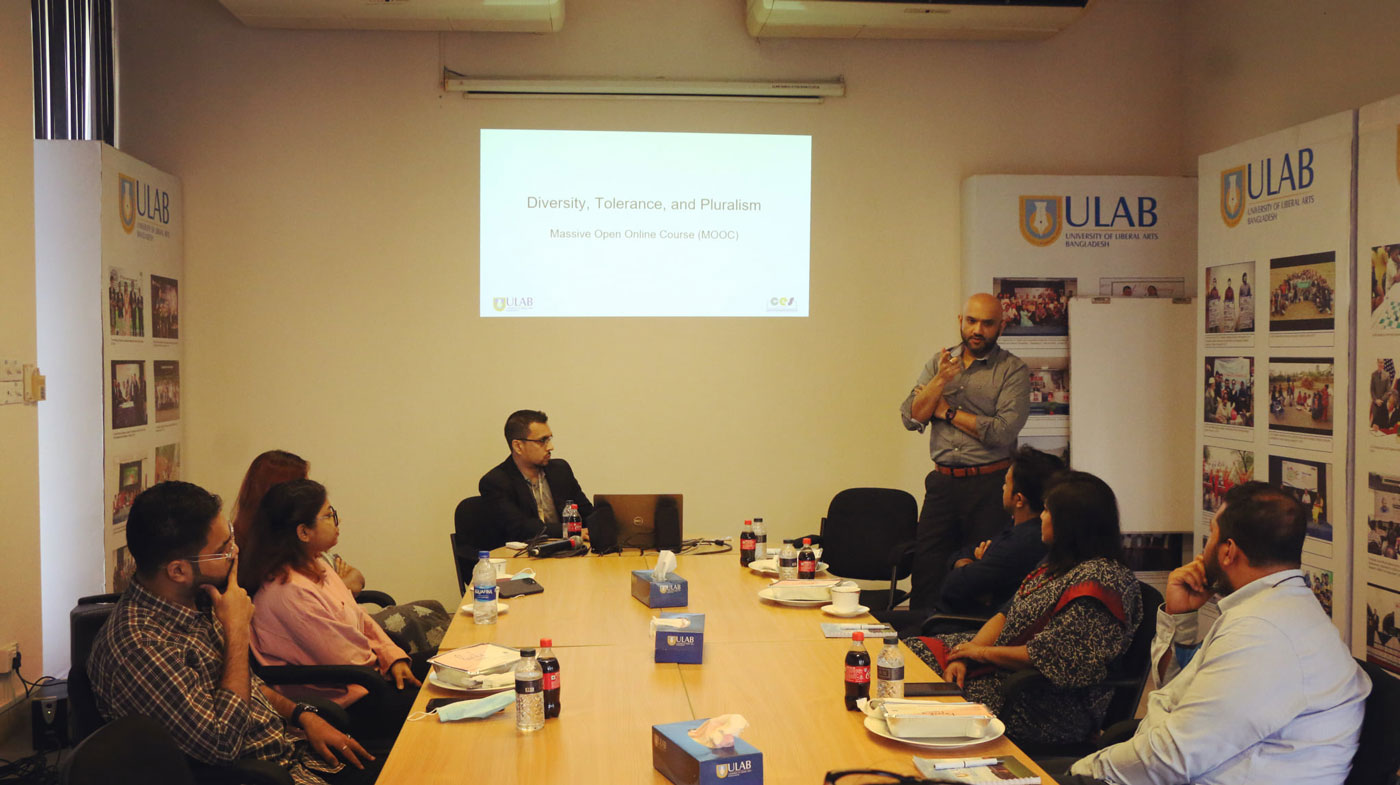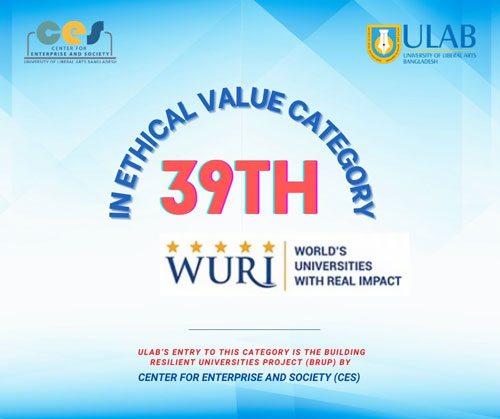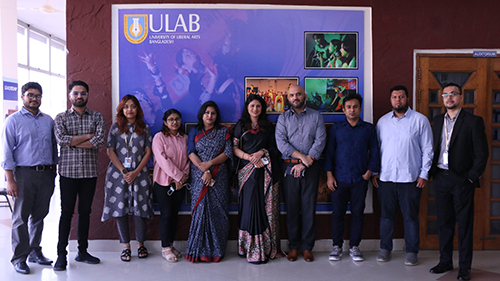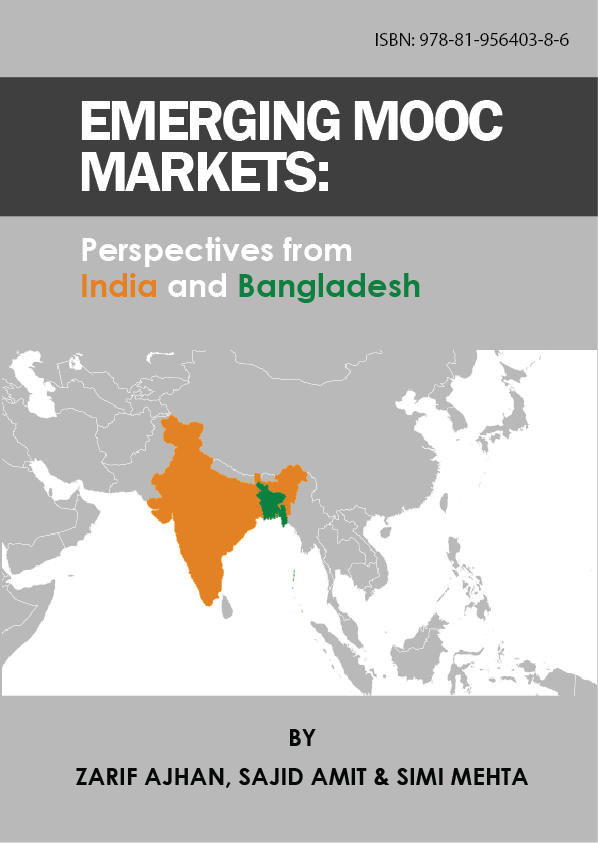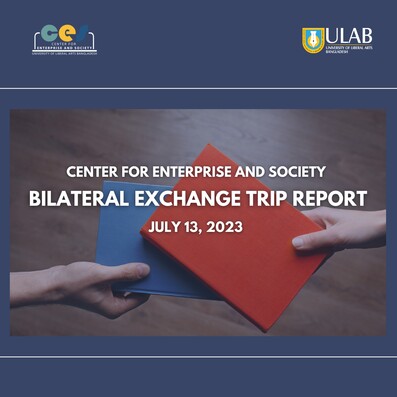1. Promotion of MOOC:
The online course on diversity, tolerance, and pluralism will be promoted in other universities. As we have already witnessed a change in the mindset of the students after they completed the MOOC, we believe that we will change more minds through this externalization. As a matter of fact, signups from students of various top-notch universities have started. To sign up for this MOOC please visit this link.
2. Community Building:
We will engage the participants in creating a strong network so that the dialogues on diversity and pluralism continue. By facilitating insightful exchanges, followed by the nurturing of the network, the practice of collaboration and peer support will be cultivated. As students are our future leaders, they can collaborate across sectors and communities to build a sustainable and inclusive society in the long run.
3. Diversity Fellowship Rollout:
As a part of this project, we will design, launch, and implement a fellowship program for students and alumni of various universities. This will enable the participants to reflect on the problems in society, and present sustainable solutions to them in the form of projects. They can be in various domains including research papers, short documentaries, and podcast series. It will help in internalizing this concept and develop the attitude needed to accommodate people from all backgrounds in every aspect of society.
4. Intercultural Leadership Program:
To ensure international and regional engagement in this project, ULAB will organize a bilateral faculty-student interaction between Bangladesh and India. The goal is to facilitate practical classroom discussions on diversity, tolerance, and pluralism for faculty members and students in India and in Bangladesh. This will incubate regional collaboration for youth leadership development in the medium run and policy dialogue in the long run.
